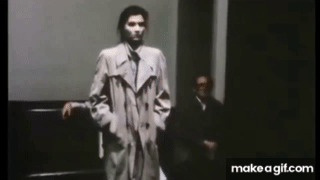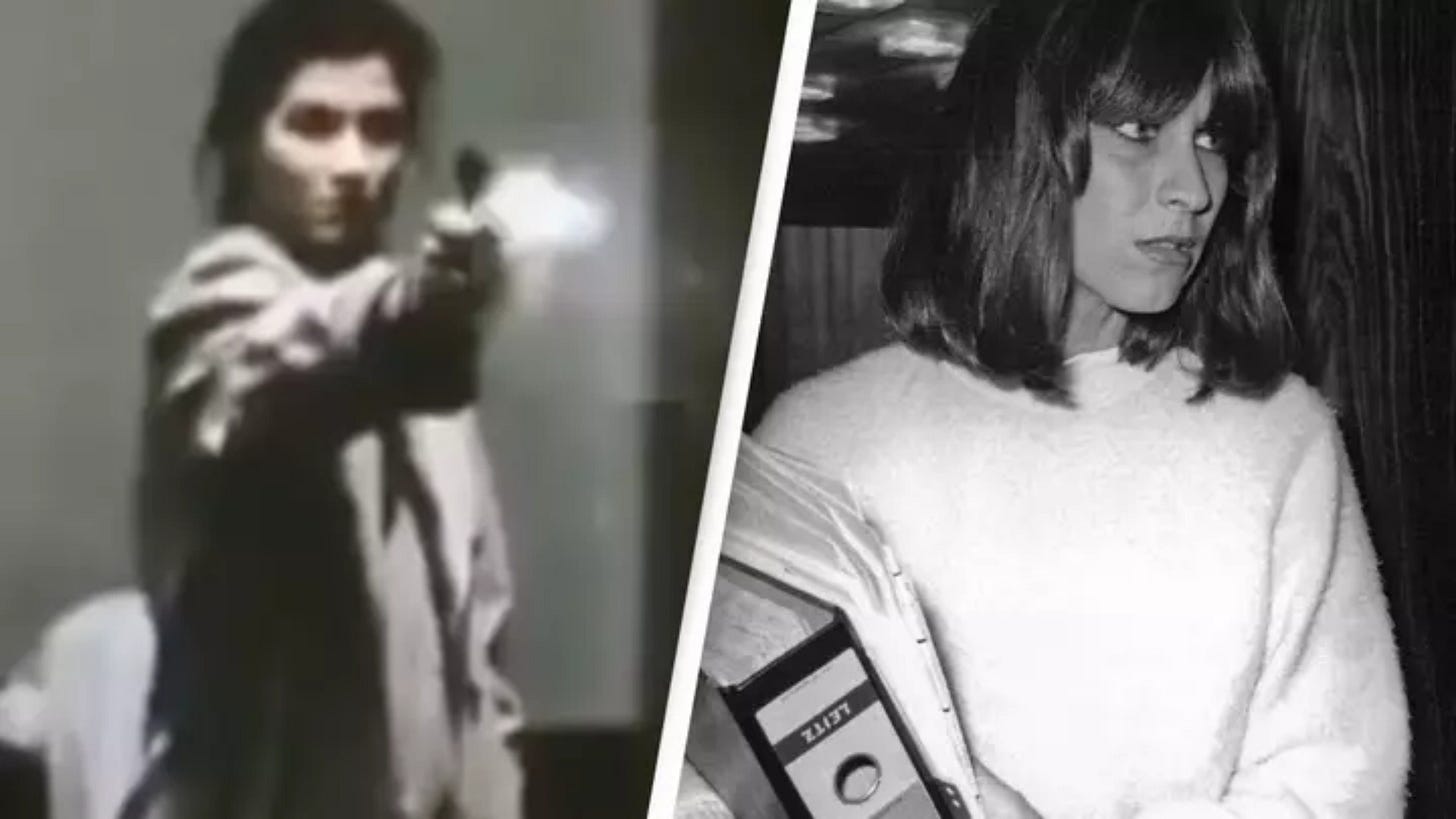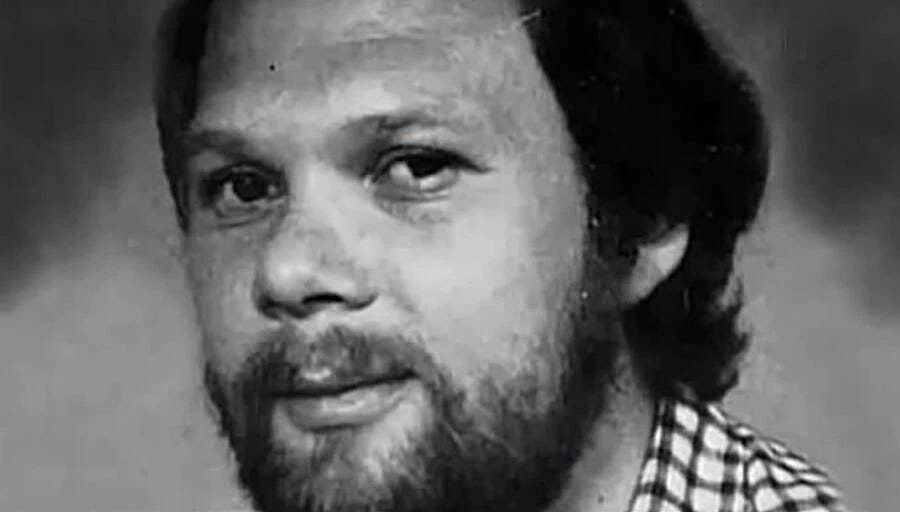You Destroyed My Life!’: The Desperate Shot of a Mother Who Killed Her Daughter’s Rapist in Open Court
When a Mother’s Grief Became a Nation’s Debate: Was It Justice or Vigilante Vengeance?
The air in Courtroom 3 of Lübeck District Court smelled of old wood and stale coffee. It was March 6, 1981. Klaus Grabowski, a 35-year-old butcher with a history of raping children, smirked as he claimed his 7-year-old victim had “seduced” him. Across the room, Marianne Bachmeier—a 31-year-old single mother who’d spent months scrubbing bloodstained waitress uniforms to pay for her daughter’s funeral—reached into her handbag. Inside was a Beretta .22, small enough to fit in her palm, heavy enough to end a life.
Eight shots rang out. Six hit Grabowski’s chest. The last tore through his skull. As guards wrestled her to the floor, Marianne didn’t scream or cry. She stared at the corpse and muttered, “You destroyed my life.” The trial became a massacre. The law became a punchline. And a grieving mother became Germany’s most controversial symbol of justice.
What drives a woman to trade tears for bullets? Was it rage? Or was it the sound of a broken system laughing in her face?
The Man Who Killed Twice (and the System That Let Him)
Klaus Grabowski wasn’t supposed to walk free. Not after 1966, when he lured an 8-year-old girl into a shed, raped her, and strangled her with a jump rope. But West Germany in the 1970s had a soft spot for “reformed” monsters. Doctors chemically castrated him in 1973, a procedure he later reversed by lying about “depression”. The courts nodded, patted his head, and set him loose.
By 1980, Grabowski ran a grocery store in Lübeck. He stocked candy by the register. Parents trusted him. Why wouldn’t they? The law said he was safe. But on May 5, 1980, he offered Anna Bachmeier—a girl who loved strawberry gum and drawing ponies—a handful of gummy bears. Then he dragged her upstairs. When police found her body three days later, stuffed in a plastic sack, even seasoned detectives vomited.
The system shrugged. Grabowski’s lawyer called it a “tragic misunderstanding”. Judges called him a “low-risk offender”. Marianne called it murder. But in a country obsessed with second chances, her voice didn’t matter—until she brought a gun to court.






